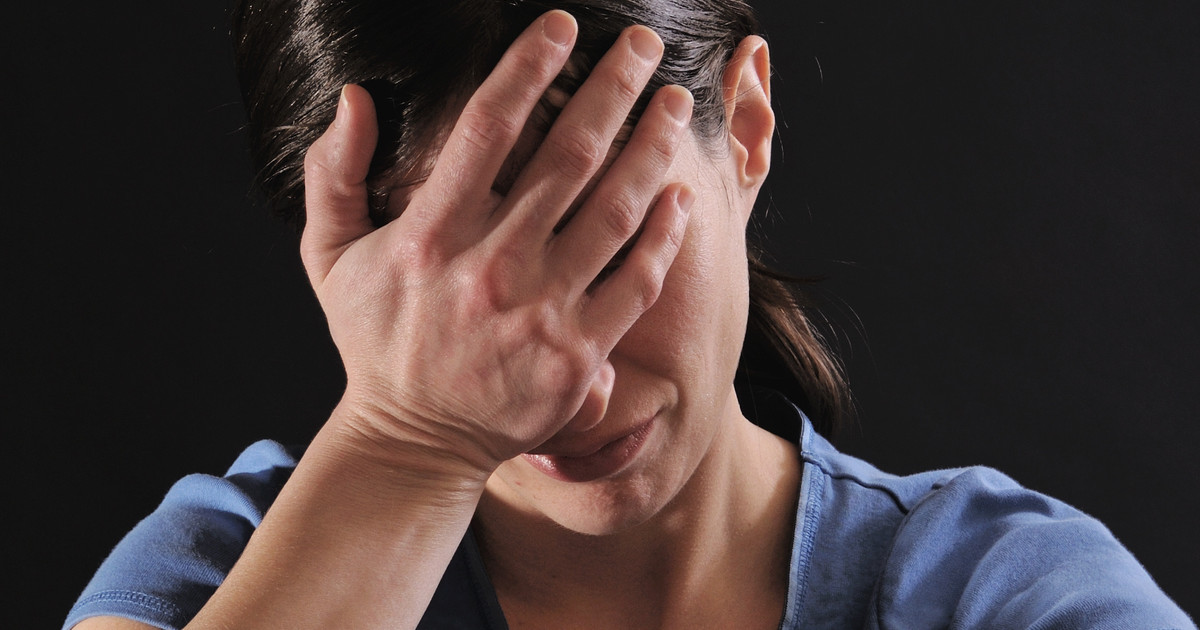Guide To The Symptoms Of Bipolar Disorder
Poor Decision-Making

Due to manic thinking, many bipolar disorder patients have trouble making reasonable judgments. Poor decision-making is one of the major causes of the many negatives consequences of bipolar disorder. This can further complicate an affected individual's life. Lacking good judgment when making decisions can lead to common risky and impulsive behaviors. Examples include spending all of one's savings, taking drugs, as well as engaging in dangerous or unprotected sexual activities. Even a depressive episode impacts a bipolar disorder patient's ability to make healthy decisions. These episodes can also lead to drug use and refraining from taking care of basic needs, like eating well, exercising, or proper hygiene.
Depressed Mood

A depressed mood that lasts at least two weeks is a big part of bipolar disorder. However, depression is not necessary to receive a bipolar 1 disorder diagnosis. This is rare because the severe impact of manic episodes on an affected individual's life can spiral them into a depressed mood. For example, the effects of impulsive acts like maxing out a credit card or engaging in hypersexual activities can push patients into a depressive episode. During a depressive episode, bipolar disorder patients can feel some or even all of the classic symptoms of major depression. An individual may become consistently sad, have a low interest in normal activities, persistent low self-esteem, and feelings of hopelessness.
After a manic episode, depressive episodes can hit much harder, making a patient's suicide risk rise. Some patients may experience a mixed state, in which they have symptoms of both mania and depression. The mixed state is incredibly dangerous, as it has a seventy-one percent higher risk of suicide.
